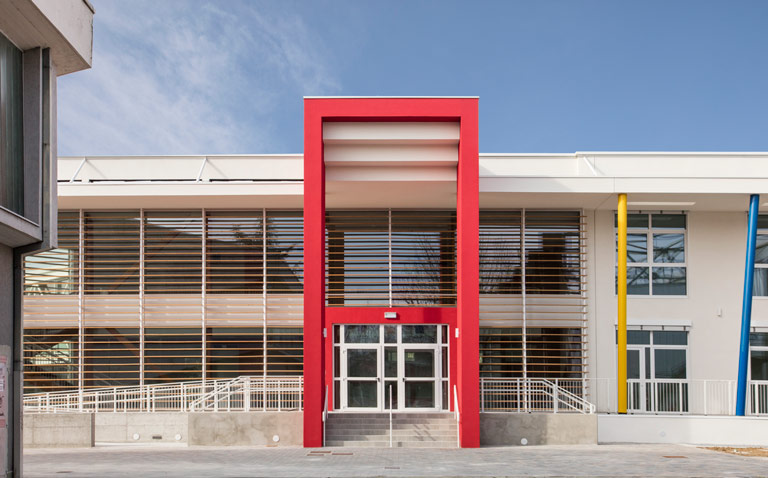CHP Engineering operates in several sectors by combining technical and professional resources and by offering advice on architecture and engineering. CHP Engineering offers complete solutions for public and private clients, starting from the feasibility studies to the final projects in the execution phase.
Sectors
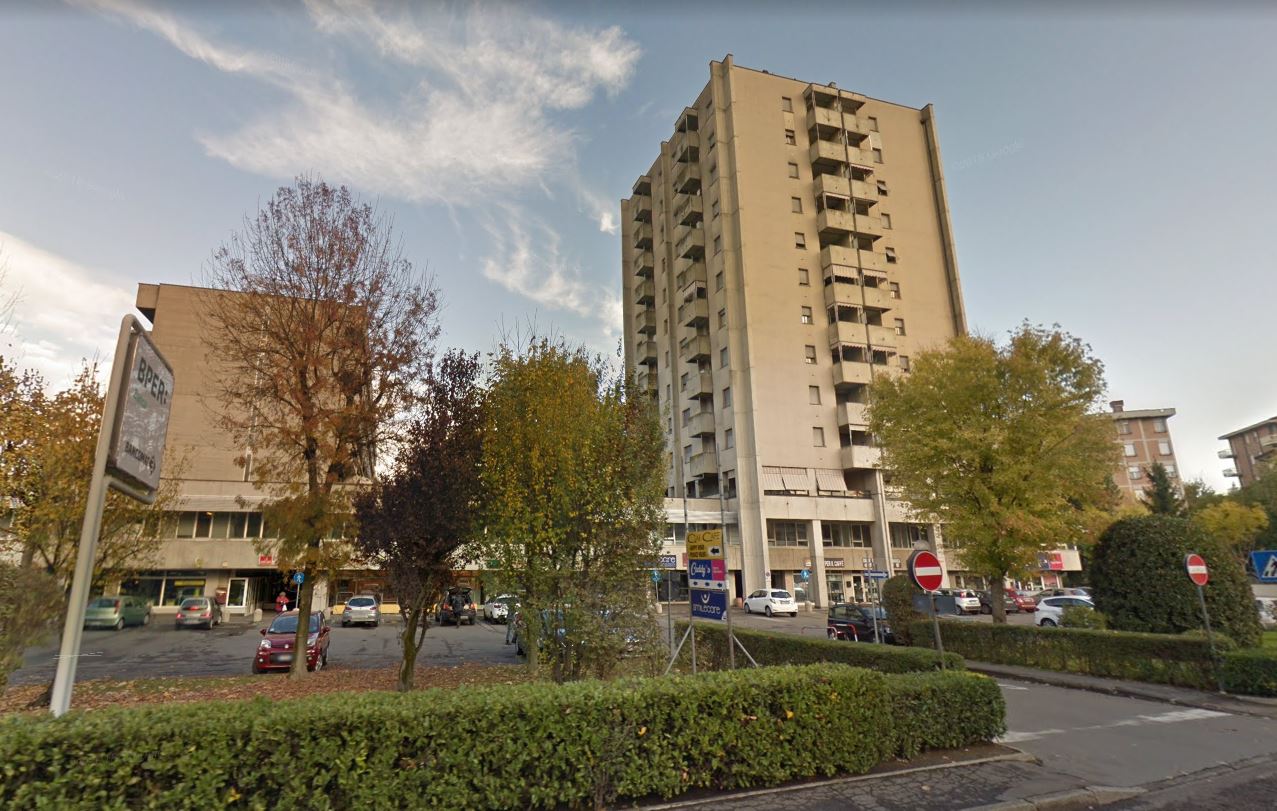

Residential buildings
CHP Engineering provides an energy consultancy service for both civil and industrial buildings, aimed at minimizing the energy consumption.
Once fulfilled the relative criteria, CHP Engineering shall proceed to the issuance of the following specific certificates: reports on heat metering in accordance with standard UNI10200, energy performance certificates, reports on energy audits and technical reports.

Restaurants
CHP Engineering is responsible for the preliminary and executive design, as well as for the Direction of mechanical system works in the field of catering industry.
The project involves the supply and installation of technological systems to the service of the restaurant subject to intervention. The system design shall be drawn up through the search of the best environmental conditions intended as overall benchmarks within which the activity must take place, after considering the aspects that may be affected by the systems.

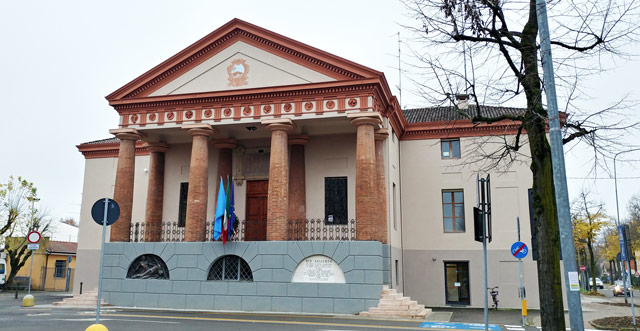

Buildings of historical and cultural interest
The projects concerning the renovation and intervention in buildings of historical and cultural interest are intended to retain the aesthetic characteristics of the original building through precise operations aimed at improving energy efficiency. The success of an intervention in buildings of historical and cultural interest occurs when the aesthetic, functional and technical components are in equilibrium with each other.

Business centers, office buildings
CHP Engineering deals with the preliminary and executive design, as well as with the Direction of mechanical system works in business centers and buildings designed for offices and commercial activities.
The project involves the supply and installation of technological systems to the service of the building subject to intervention.
The system design shall be drawn up through the search of the best environmental conditions intended as overall benchmarks within which the activity must take place, after considering the aspects that may be affected by the systems.
CHP Engineering also offers an energy consultancy service, for both residential and industrial buildings, aiming at minimizing the energy consumption, followed by the issuance of specific certificates. In particular, CHP Engineering shall provide energy performance certificates, reports on energy audits and technical reports.
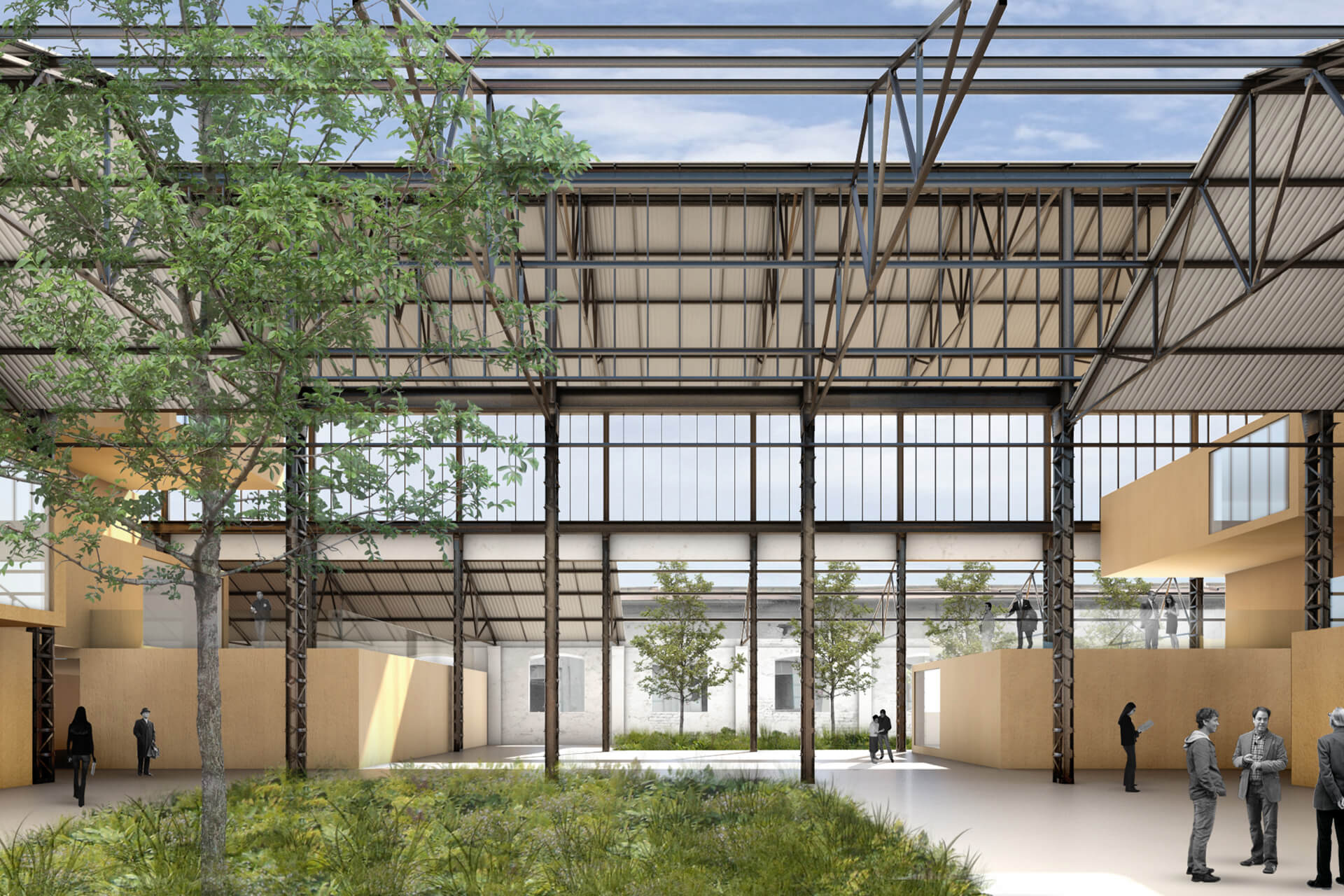
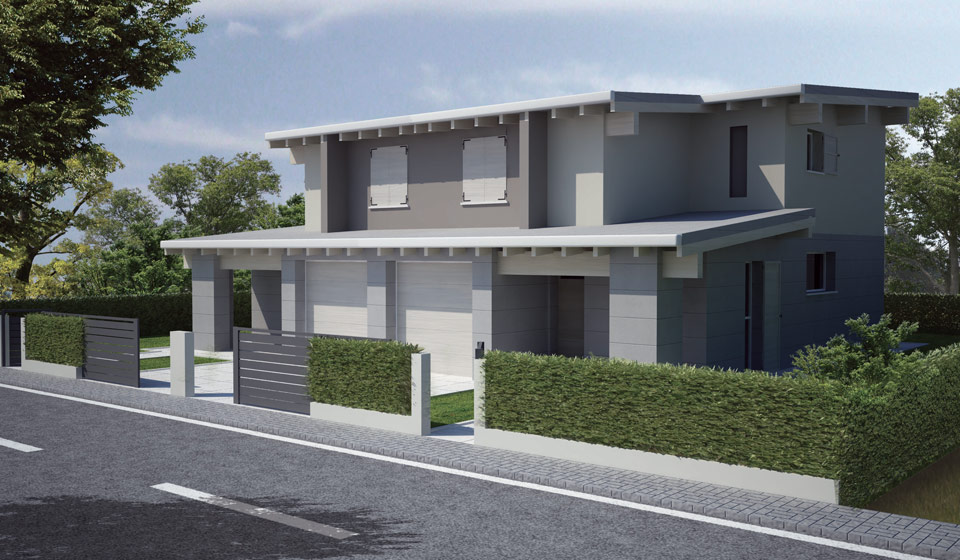

Special installations
CHP Engineering is responsible for the design of special systems for the production of renewable energy (woodchips as biomass). The implemented projects integrate and replace the previous systems inside the thermal power station and the relative network connecting the buildings concerned.
The system design shall be drawn up through the search of the best environmental conditions intended as overall benchmarks within which the activity must take place, after considering the aspects that may be affected by the systems. The plant engineering solutions adopted enable a cost-effective management meant as pursuit of the minimum expenditure levels needed for a full use of the systems at their peak performance. Moreover, these solutions shall provide for a system management controlled by professional operators, but nonetheless exercisable in an automatized way.

Public buildings
The projects concerning public buildings are mainly intended to provide an adequate knowledge of the energy consumption profile aimed at identifying and quantifying opportunities for energy savings in terms of cost-efficiency, and finally, at reporting on achievements.
To do this, a series of data registration operations on both the production cycle devices and the general services plants are needed. This is in order to enable the analysis of the standard operating conditions and to assess and calculate possible improvement actions. The process of drafting the energy audit is essentially divided into two separate phases:
1) Consumption system characterisation, drafting and calculation of energy patterns, assessment of specific consumption, drafting of energy balances and comparison with technologies and benchmark data.
2) Preliminary assessment of the technical-economic feasibility of any possible improvement actions aimed at increasing the energy efficiency of devices.
The actions of the second phase prima facie may be classified as follows:
Management improvements: new contracts, calibration, stand-by elimination, reduction of load peaks.
Technical improvements to increase energy efficiency when using and producing in order to reduce energy consumption: new devices, installation of frequency converters, use of renewable sources.
In a second step, once defined the interventions to be performed and following careful design thereof, a program of improvement works shall be drawn up, after which an attentive direction of works will be performed as well as the drafting of a maintenance and monitoring plan of the interventions carried out, so as to assess their validity.
